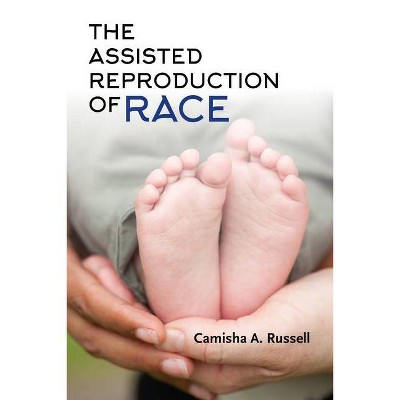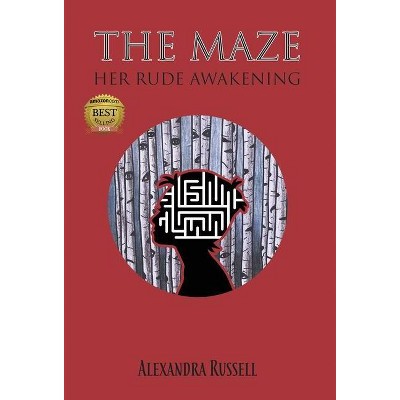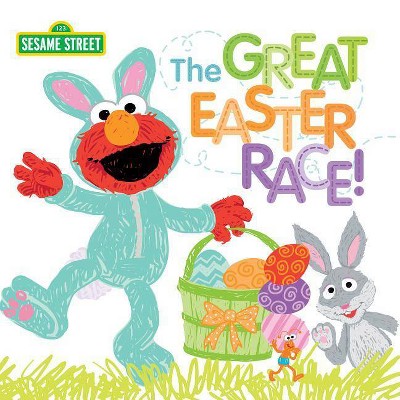The Assisted Reproduction of Race - by Camisha A Russell (Hardcover)

Similar Products
Product info
<p/><br></br><p><b> About the Book </b></p></br></br><p>1.This book is an extremly timely exploration of race and Assisted Reproductive Technology. <br></p> <p>2. It offers an unusual perspective on the history of race, focused on technology and draws connections between current Assisted Reproductive Technologies and Eugenics.<br></p> <p>3. Within the field of philosophy this book gives feminist views on race, reproduction, and technology.</p></p><p/><br></br><p><b> Book Synopsis </b></p></br></br><p>The use of assisted reproductive technologies (ART)--in vitro fertilization, artificial insemination, and gestational surrogacy--challenges contemporary notions of what it means to be parents or families. Camisha A. Russell argues that these technologies also bring new insight to ideas and questions surrounding race. In her view, if we think of ART as medical technology, we might be surprised by the importance that people using them put on race, especially given the scientific evidence that race lacks a genetic basis. However if we think of ART as an intervention to make babies and parents, as technologies of kinship, the importance placed on race may not be so surprising after all. Thinking about race in terms of technology brings together the common academic insight that race is a social construction with the equally important insight that race is a political tool which has been and continues to be used in different contexts for a variety of ends, including social cohesion, economic exploitation, and political mastery. As Russell explores ideas about race through their role in ART, she brings together social and political views to shift debates from what race is to what race does, how it is used, and what effects it has had in the world.</p><p/><br></br><p><b> Review Quotes </b></p></br></br><br><p>Russell gives us an innovative way to think about longstanding debates in bioethics. I encourage fellow bioethicists to give her approach serious attention. Her theory explains why it is not so easy to escape our history and why it is so important to make race a central focus (rather than an addendum) to many of these conversations.</p>-- "International Journal of Feminist Approaches to Bioethics"<br><br><p>Throughout the book, Russell emphasizes how race operates throughout the use of ART and the political and social consequences of this relationship. His text is incredibly clear and accessible, and he makes a very important argument at its core. The book will prove useful to anyone who teaches or studies the philosophy of race, philosophy of medicine, medical humanities, or bioethics. . . . Highly recommended.</p>-- "Choice"<br><p/><br></br><p><b> About the Author </b></p></br></br><p>Camisha Russell is Assistant Professor of Philosophy at the University of Oregon.</p></p>
Price History
Price Archive shows prices from various stores, lets you see history and find the cheapest. There is no actual sale on the website. For all support, inquiry and suggestion messagescommunication@pricearchive.us








